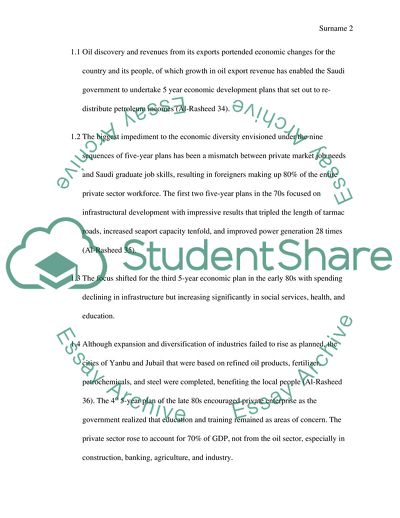Cite this document
(Has Oil Really Affected Saudi Arabia and Saudis Positively Coursework, n.d.)
Has Oil Really Affected Saudi Arabia and Saudis Positively Coursework. https://studentshare.org/macro-microeconomics/1831410-has-oil-really-affected-saudi-arabia-and-saudis-positively
Has Oil Really Affected Saudi Arabia and Saudis Positively Coursework. https://studentshare.org/macro-microeconomics/1831410-has-oil-really-affected-saudi-arabia-and-saudis-positively
(Has Oil Really Affected Saudi Arabia and Saudis Positively Coursework)
Has Oil Really Affected Saudi Arabia and Saudis Positively Coursework. https://studentshare.org/macro-microeconomics/1831410-has-oil-really-affected-saudi-arabia-and-saudis-positively.
Has Oil Really Affected Saudi Arabia and Saudis Positively Coursework. https://studentshare.org/macro-microeconomics/1831410-has-oil-really-affected-saudi-arabia-and-saudis-positively.
“Has Oil Really Affected Saudi Arabia and Saudis Positively Coursework”. https://studentshare.org/macro-microeconomics/1831410-has-oil-really-affected-saudi-arabia-and-saudis-positively.


